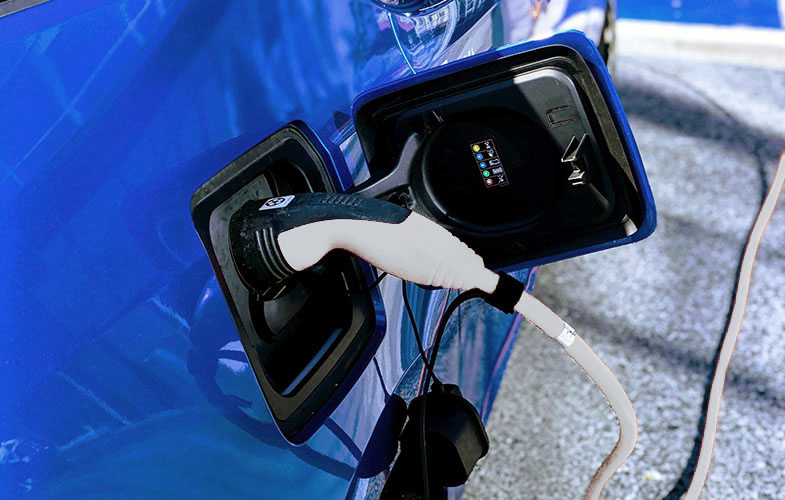Driverless cars could run freely on UK roads as early as 2021. What implications will this have on your car insurance? The news is mostly good, but there’s still a lot to think about.
While driverless cars were once the subject matter of sci-fi films, they’re now set to hit UK roads in the near future. So, what exactly makes a car ‘driverless’? The SAE (Society of Automotive Engineers) says that there are five levels of driverless car:
- Level 1: Control of the car is shared between the driver and the car – this includes features like cruise control.
- Level 2: The car can take control of the steering, acceleration and brakes, but drivers must be alert and may need to take over at any time. Tesla’s ‘Autopilot’ feature falls under this category.
- Level 3: Under certain conditions, the car can take full control with no need for driver attention. Outside of these conditions, the driver will need to take control again. Audi’s ‘Traffic Jam Assist’ feature falls under this category.
- Level 4: The car can take full control for an entire journey. However, this only applies to normal road conditions – the driver would need to take over on dirt tracks and other extreme environments.
- Level 5: A fully autonomous car that equals or betters the performance of a human in all conditions. The car wouldn’t need a steering wheel or pedals.
Dan Powell, Managing Editor of Honest John has said that:
“Fully autonomous cars have the potential to revolutionise the way we travel, but some important issues need to be addressed before the UK welcomes thousands of driverless vehicles onto our roads”
Despite this, feelings among drivers are mixed. According to research by MoneySuperMarket.com, 55% of people would feel unsafe with driverless cars around them, and just 12% would allow their child to travel in a driverless car. What many people may not realise is that Level 1 and 2 cars are already on the road, although these do still need a driver behind the wheel.
For level 3 autonomy and beyond, Chancellor Philip Hammond announced in the Autumn Budget that driverless cars will be allowed to run freely on UK roads by 2021. The budget also includes a fund of £400m for electric car charging points, to help these cars along the way.
What exactly does this mean for car insurance? The news is mostly good – in the US, up to 94% of all accidents happen because of human error. Eliminating human error from the equation would mean cheaper insurance premiums for us all. But before that happens, drivers would need to make sure they’re covered when they decide to switch their car into driverless mode.
MoneySuperMarket’s research also showed that responsibility in the event of a driverless accident isn’t clear cut. 45% of respondents said they thought the manufacturer would be at fault in the event of an accident, while 34% felt the owner of the car would be at fault. Interestingly, 18% though no-one would be at fault. In spite of these challenges, David Williams, Technical Director of AXA UK, said that:
“We are confident that the foundations are in place to get automated vehicles on the road.”
Part of these foundations is the Automated and Electric Vehicles Act 2018 published by the Government in July this year. Among other things, it says that insurers are liable for “an accident is caused by an automated vehicle when driving itself”. The ABI also published a guide last year, that helps insurers to define what is and isn’t an autonomous vehicle.
There’s also more to think about. As driverless cars develop, manufacturers will release critical safety updates that iron out bugs found when the cars drive themselves. An example of this is Tesla’s over-the-air updates for their ‘Autopilot’ feature. Car owners will need to make sure their car’s software stays as up-to-date as possible.

So, how does this relate to the world of By Miles? Well, to put it simply: we don’t think you should have to pay car insurance for the miles you drive when the car is in full autonomous mode. If a car is driving itself then we believe the manufacturer of the vehicle should be paying your premiums for you. We’re a little way off that yet, but sounds pretty good, right?
Fancy getting a quote for a car insurance policy that’s already got one eye on the future? Head over to our homepage for a quick quote.




